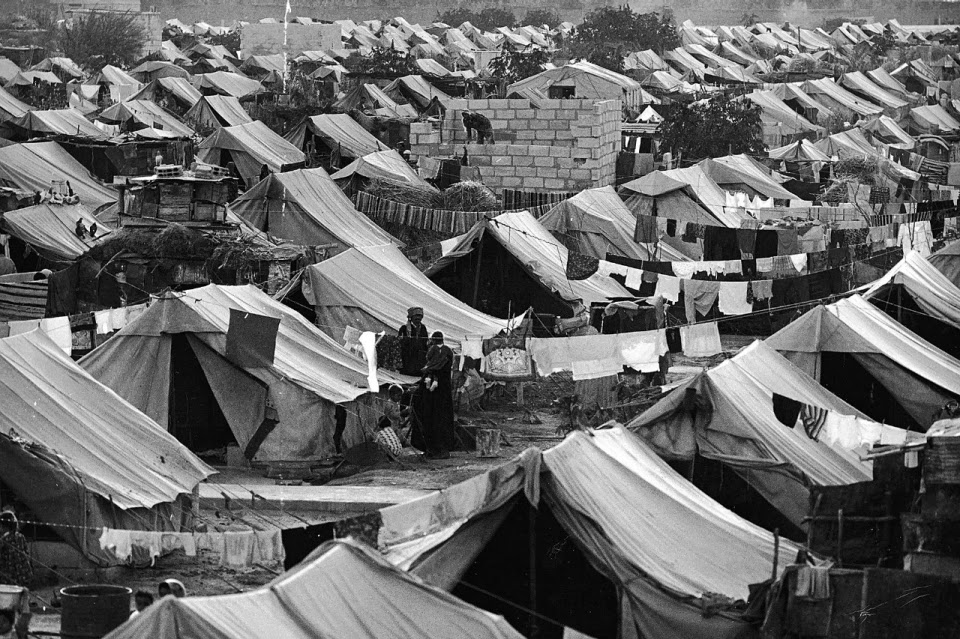is the most recently emerging norm of State practice at finding refugee solutions. Along with the obligation of non-refoulement (no sending back) and the nonobligatory protection of political asylum, TP also constitutes an international law norm by which States treat as refugees those persons fleeing a major crisis in their home State, although they may not be covered explicitly by the 1951 Refugees Convention’s criteria. TP applies to diverse migrants, or putative refugees, including, but not limited to those escaping armed conflict, civil strife or individual persecution. As developed, the multiple forms of TP implementation across the world share some common elements:
- The host-State grants TP to specific groups or individuals for a defined period;
- The State grants TP with the expectation of providing a solution for a defined period, after which the individual or group would return home, if s/he prefers, or should seek resettlement in a third State offering more-permanent status;
- TP is a discretionary practice on the part of States and, thus,
- May guarantee fewer rights than to refugees under the 1951 Convention.



